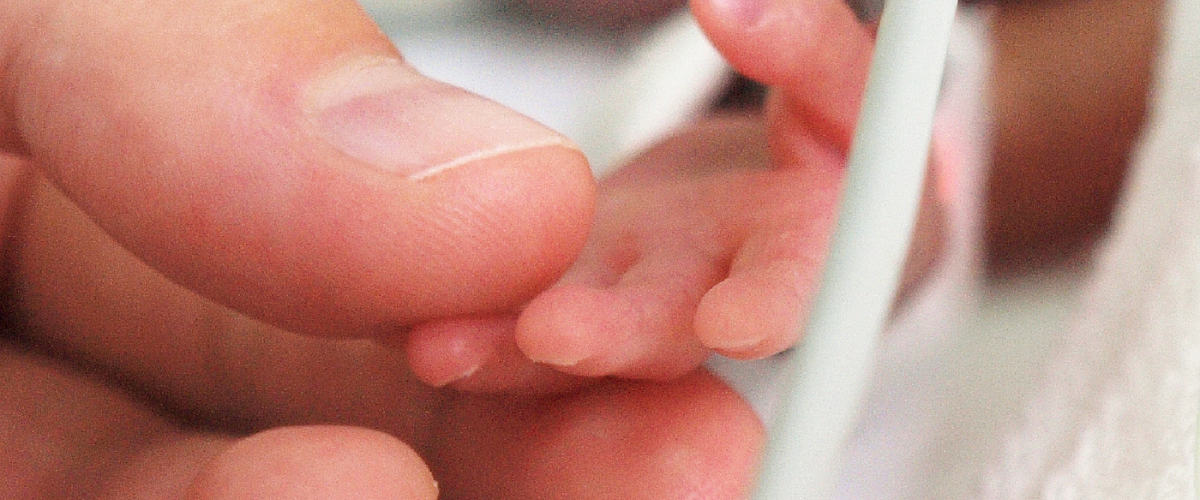| Last updated on November 21, 2023
Collagen is one of the most plentiful proteins in the human body. Collagen is produced and used by the body to create connective tissue – and connective tissue is what our skin is made of, which is why collagen dressings are used to heal skin damage.
The skin is the first line of defence against external bacteria and infection. When skin is damaged or broken, it leaves us vulnerable to infections that can do internal damage before they’re treated.
Collagen is used in wound care and wound healing to provide a biomedical layer of protection and connective tissue stimulation to wounded skin.
Some studies indicate collagen is beneficial for faster healing, reduced scarring and gentle application – all of which are important elements of lifelong skin health.
In this article, we’re going to do a deeper dive on what collagen is, how collagen wound dressings are made, and how collagen wound dressings may benefit wound healing.
Keep reading to discover:
- What is collagen
- What are collagen dressings
- Benefits of collagen wound dressings
- Where to find collagen dressings for wounds
What is collagen?
Believe it or not, collagen is a part of us. Collagen constitutes about 30% of your body’s protein. It provides structure and strength to your skin, muscles, bones, and connective tissues.
Collagen is manufactured within our bodies, assisted by certain foods. If you’re looking for natural ways to increase collagen production inside your body, you may consider consuming these foods more regularly:
- Bone broth (beef, chicken or fish bones)
- Protein-rich foods (beef, chicken, fish, beans, eggs, milk, cheese)
- Foods rich in vitamin C (citrus fruits, red & green peppers, tomatoes, dark green & leafy veggies)
- Foods rich in zinc and copper (meats, shellfish, nuts, whole grains, beans)
In recent years, the benefits of collagen have inspired researchers to create cosmetic injections, skin creams, pills and powders that position collagen as the key to keeping skin young and healthy.
Collagen is used by medical device companies for its intrinsic healing properties, serving as a key component in dressings designed to facilitate wound healing. Its ability to support cellular growth and tissue repair makes it a staple in advanced wound care solutions (more on this below).
Why is collagen good for you?
Collagen is helpful throughout the body in maintaining elasticity and flexibility. When collagen levels drop (which occurs naturally as we age), our bodies undergo certain changes, such as:
- Wrinkles
- Stiffer and less flexible tendons and ligaments
- Shrinking and weakening muscles
- Joint pain due to worn cartilage
- Gastrointestinal problems due to thinning of the digestive tract lining
You can learn more about the health benefits of collagen production and collagen supplements by visiting this page prepared by the Cleveland Clinic.
What are collagen dressings
Collagen is a key component in the body’s natural healing process. Collagen helps to repair skin and tissue damage following an injury by:
- Helping to clot the blood at the site of an injury
- Producing inflammation at the site to facilitate healing
- Stimulating cell and tissue development to mend damaged skin
- Increasing the strength of damaged skin so that it is not permanently vulnerable
Collagen dressings are usually created using bovine, avian, marine or porcine collagen.
However, collagen dressings can also be created using bacteria, yeast, insects, plants, or artificial fibrils, for patients whose values or beliefs prohibit the use of mammalian (animal) byproducts in their healing.
Collagen wound dressings are used to protect the microenvironment around a wound, and are specifically designed to encourage healing.
Here’s what the research tells us about collagen dressings for wounds.
Benefits of collagen wound dressings
Collagen dressings for wounds are a biomaterial formulated to restore function and facilitate healing to tissues following an injury or a disease, used to support, enhance, or replace damaged tissue or a biological function.
According to medical research, collagen dressings help to facilitate healing in several ways, such as:
- Stimulating and recruiting cells like macrophages (which help defend against infection) and fibroblasts (which release collagen to connective tissues) along the wound to enhance wound healing.
- Provide moisture and/or absorption around the wound to foster a healing environment around the wound site.
- Are easy to apply and remove, and are comfortable on patient skin.
Collagen dressings vs traditional medical dressings
Some studies have indicated that there is a faster healing response in wounds covered with collagen dressings.
Studies also indicate that while collagen supplements have many aesthetic benefits to skin integrity, collagen wound dressings provide a moist healing environment that accelerates wound repair.
Collagen treatments on wounds and skin conditions such as burns or sores have been shown to have positive effects, including:
- Improved skin hydration
- Better skin elasticity
- A moist and accelerated healing environment
Plus, collagen does not typically cause serious adverse reactions.
Some studies indicate that collagen wound dressings may decrease the risk of requiring skin grafting.
Collagen dressings for complex wounds
Collagen dressings are often used to manage complex and chronic wounds, such as:
- Diabetic ulcers
- Surgical wounds
- Traumatic skin injuries
- Pressure sores
In 2022, researchers determined that collagen wound dressings can be more effective in treating complex or chronic wounds. Of 961 total patients, 485 were in the group receiving collagen dressings. This study showed that patients with the collagen dressing achieved a higher wound healing rate than those using traditional wound dressings without collagen.
Collagen dressings with silver
As silver is well known for its strong antimicrobial activity, silver is frequently used in wound care.
In the case of collagen wound dressings, silver is used to prevent infection and bacterial colonization of the dressing, which can cause harmful bacteria to enter the open wound.
Dressing colonization can cause delays in healing as well as serious infection of the wound, which can result in bloodstream infections and sepsis.
Silver collagen dressings are made by embedding silver chloride into the dressing, which creates an effective protective barrier between a wound and invasive bacteria.
Where to find collagen dressings for wounds
In summary, there are many reasons why collagen wound dressings may be chosen over traditional wound dressings.
Collagen dressings may promote faster healing and minimize scarring. Collagen wound dressings containing antimicrobials may also help to prevent infections in the wound.
At Covalon, we believe in giving all wounds their best chance at healing – and we have the innovative collagen dressings you need to help your patients experience the healing they deserve.
Collagen dressings with and without silver
ColActive® PLUS -AG is an advanced collagen-based wound dressing with the added benefits of antimicrobial silver.
ColActive® PLUS is an advanced collagen-based wound dressing.
These products should not be used on any patients with known allergies or sensitivities to marine derived collagen, any other ingredient active in ColActive products, or on patients with third degree burns.
Reach out today and experience our gentle products for yourself – request free samples.
Resources
National Library of Medicine: Collagen supplements for ageing
Cleveland Clinic: Foods: the best sources of protein
Cleveland Clinic: 18 foods that promote collagen
National Library of Medicine: Collagen in wound healing
National Library of Medicine: Modern collagen wound dressings
National Library of Medicine: A review of the effects of collagen
National Library of Medicine: The external microenvironment of wounds
National Institution of Biomedical Imaging and Bioengineering: Biomaterials
National Library of Medicine: Collagen dressing versus conventional dressings
National Library of Medicine: The clinical efficacy of collagen on chronic wound management




















